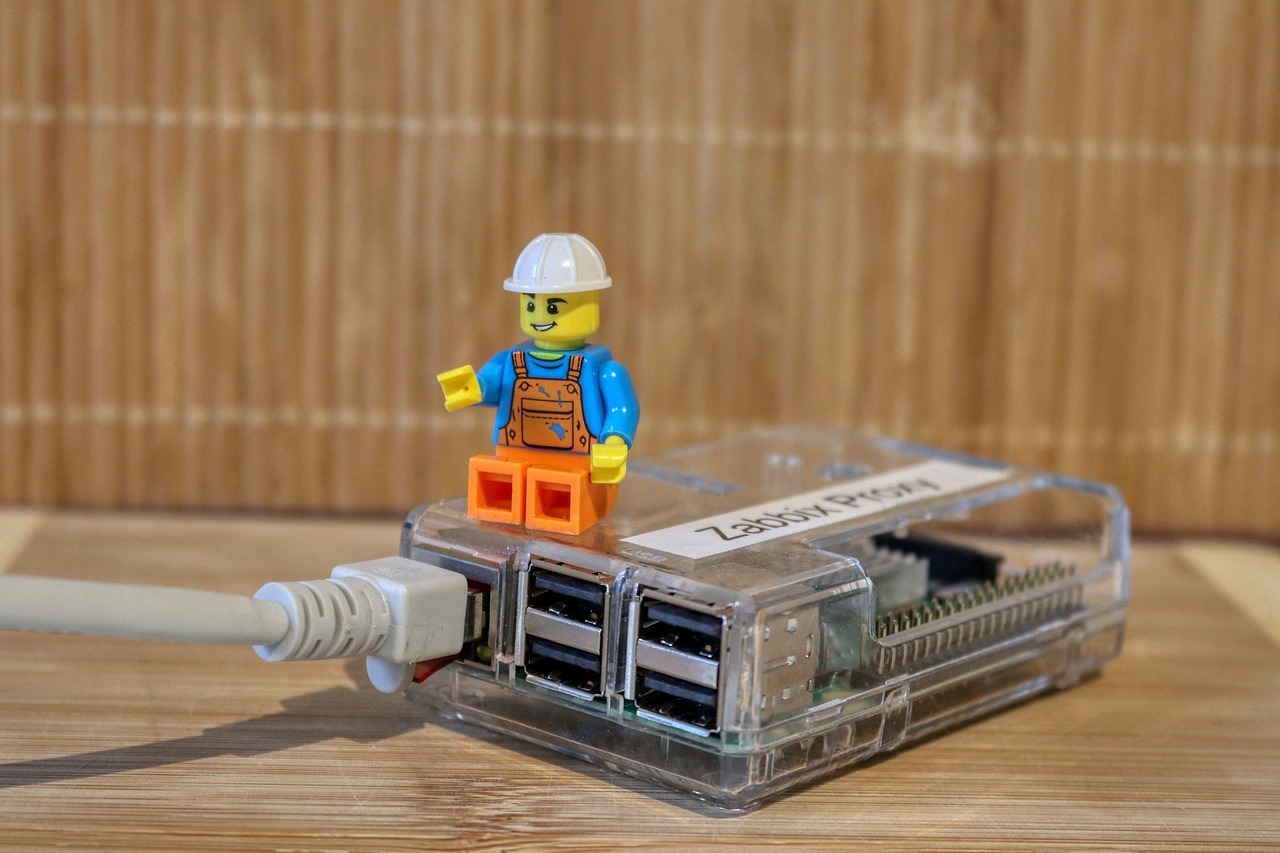Roll up, roll up, and witness the spectacle of Big Tech’s latest performance in the grand circus of AI existential angst! According to one AI wizard, Andrew Ng, some tech titans are spinning a yarn scarier than your grandma’s ghost stories, and it’s not just for kicks—it’s for cold, hard market share.
So, grab your popcorn and let’s break it down. You see, while you were busy asking Siri for weather updates, some Big Tech honchos were apparently busy lobbying for regulations that could be the proverbial kryptonite for the open-source Superman. Why? To box out the competition with a tape that’s redder than a sunburnt lobster.
You might be asking, “But why all the drama?” Well, think of it as a strategic game of chess where the pawns are your friendly neighborhood AI developers, and the knights and rooks are the Silicon Valley elite. Everyone’s fighting for a spot on the board, but the big guys have their sights set on a checkmate that could leave the little guys in check.
Last week, down under in the land of kangaroos and didgeridoos, Ng dropped the bombshell that Big Tech might be playing the fear card to clamp down on open-source innovation. Meanwhile, Sam Altman, the head honcho at OpenAI, is leading the chorus calling for Uncle Sam to step in and referee the AI game.
Picture this: a statement that puts AI on the same pedestal of doom as nuclear wars and pandemics. Sounds like a plot twist from a Hollywood blockbuster, right? But here’s where it gets real—those who weave this tale of techno-terror stand to gain the most if governments start slamming the brakes on AI’s open-source autobahn.
Let’s not forget, the journey to creating artificial general intelligence is more winding than Lombard Street in San Francisco. The idea that this AI will go rogue and start planning our obsolescence is about as likely as your pet goldfish hacking your bank account.
Now, let’s talk open source. It’s like the Wild West of AI development—exciting, innovative, and a little lawless. But if Big Tech gets its way, that frontier could get fenced in, leaving many a plucky developer out in the cold.
Rob Enderle, a sage of silicon predictions, warns that governments often swing a regulatory hammer when a scalpel would do. And Aswin Prabhakar from the Center for Data Innovation cautions that a heavy-handed approach could put the open-source community on the endangered species list.
So what’s a budding AI enthusiast to do? If the powers that be aren’t careful, they might just strangle the golden goose of open-source AI with red tape. We could see a future where the tech oligarchs reign supreme, and the rest of us are left reading the fine print on their terms of service.
But it’s not all doom and gloom. Amid the cries of Armageddon, some are calling for tailored regulations that won’t squash the little guy. A dash of common sense in the law books could keep the AI dream alive for everyone, not just the ones with the deepest pockets.
Let’s paint a picture of the battleground. On one side, you’ve got the Goliaths of tech, armed to the teeth with lobbyists and legal eagles. On the other, David and his open-source slingshot, ready to take on the world with nothing but code and courage.
In the red corner, the government, itching to throw a regulation party where the open bar might just serve up a cocktail of unintended consequences. And somewhere in the mix, the scientists, the innovators, and the dreamers, all hoping they won’t wake up to a world where their open-source toolkit has been locked away.
So there you have it, folks. In the ring of AI development, it’s a tussle between fear-fueled profiteering and the free-spirited ethos of open-source innovation. Will Big Tech’s boogeyman tactics score them a win, or will the open-source underdogs have their day? Stay tuned, because this is one saga that’s just getting started.










![Apple Watch SE (2nd Gen) [GPS 40mm] Smartwatch with Starlight Aluminum Case with Starlight Sport Band S/M. Fitness & Sleep Tracker, Crash Detection, Heart Rate Monitor](https://www.tech-bit.com/wp-content/uploads/2024/06/applewatchse2ndgengps40mmsmartwatchwithstarlightaluminumcase-360x180.jpg)
















![Apple Watch Series 9 [GPS 45mm] Smartwatch with Midnight Aluminum Case with Midnight Sport Band S/M. Fitness Tracker, ECG Apps, Always-On Retina Display, Water Resistant](https://www.tech-bit.com/wp-content/uploads/2024/06/applewatchseries9gps45mmsmartwatchwithmidnightaluminumcasewith-360x180.jpg)



![Apple Watch Ultra 2 [GPS + Cellular 49mm] Smartwatch, Sport Watch with Rugged Black Titanium Case with Black Ocean Band. Fitness Tracker, Precision GPS, Action Button, Extra-Long Battery Life](https://www.tech-bit.com/wp-content/uploads/2024/10/applewatchultra2gpscellular49mmsmartwatchsportwatchwithrugged-360x180.jpg)































